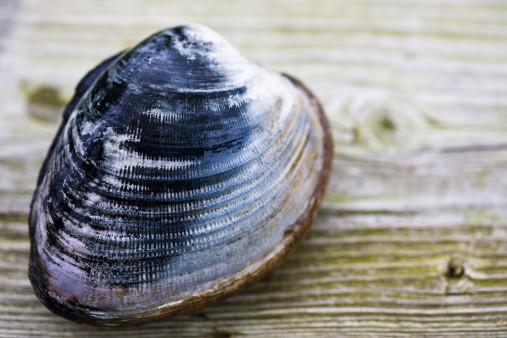Longest-living sea animal sheds light on a thousand years of ocean history
The history of oceans and how they impact atmospheric climate is clearer thanks to the little quahog clam.

The longest living animal in the ocean, known as the quahog clam, can tell scientists about the ancient history of the North Atlantic Ocean. It has shown them how the ocean's role as a driver of atmospheric climate has considerably changed over this long period of time.
The quahog clam – also referred to as hard clam – is an edible mollusc found in the eastern shores of North and Central America. Incredibly, it can live over 500 years. In a new study published in Nature Communications scientists have shown how useful the quahog clam can be to journey back in the past and study the evolution oceans have faced over many years.
Indeed, the chemistry in the growth rings in the shells of the clams act as a good proxy for the chemical make-up of the oceans over a long time period.
By identifying and analysing the chemical components present in many different clams, researchers have been able to model how the oceans have evolved with unprecedented dating precision.
Up to now, research into the history of oceans had only been able to study accurately the past 100 years or so. Reconstructions using marine sediment cores allowed to go further into the past, but with significant age uncertainties. The study of quahog clams may thus have the potential to transform the field.
Findings about the oceans
Based on the oxygen isotope record in the shells of clams collected at different points in time in the past, the scientists from Cardiff University have obtained a record of the North Atlantic ocean's chemical make-up spanning the last millennia.
Comparing this record with records of solar variability, volcanic eruptions and atmospheric air temperatures, they have investigated what role the ocean has played in setting atmospheric climate over time.
They have found that before 1800 and the industrial period, North Atlantic Ocean dynamics played an active role in modulating the response of the atmosphere to solar and volcanic activity. However, in the last two centuries, the chemical make-up of the ocean indicate that its role has changed.
It does not influence the changes in the atmosphere – rather changes in the ocean lag behind changes in the atmosphere. Intense industrial activity could be the cause of this shift.
© Copyright IBTimes 2025. All rights reserved.






















